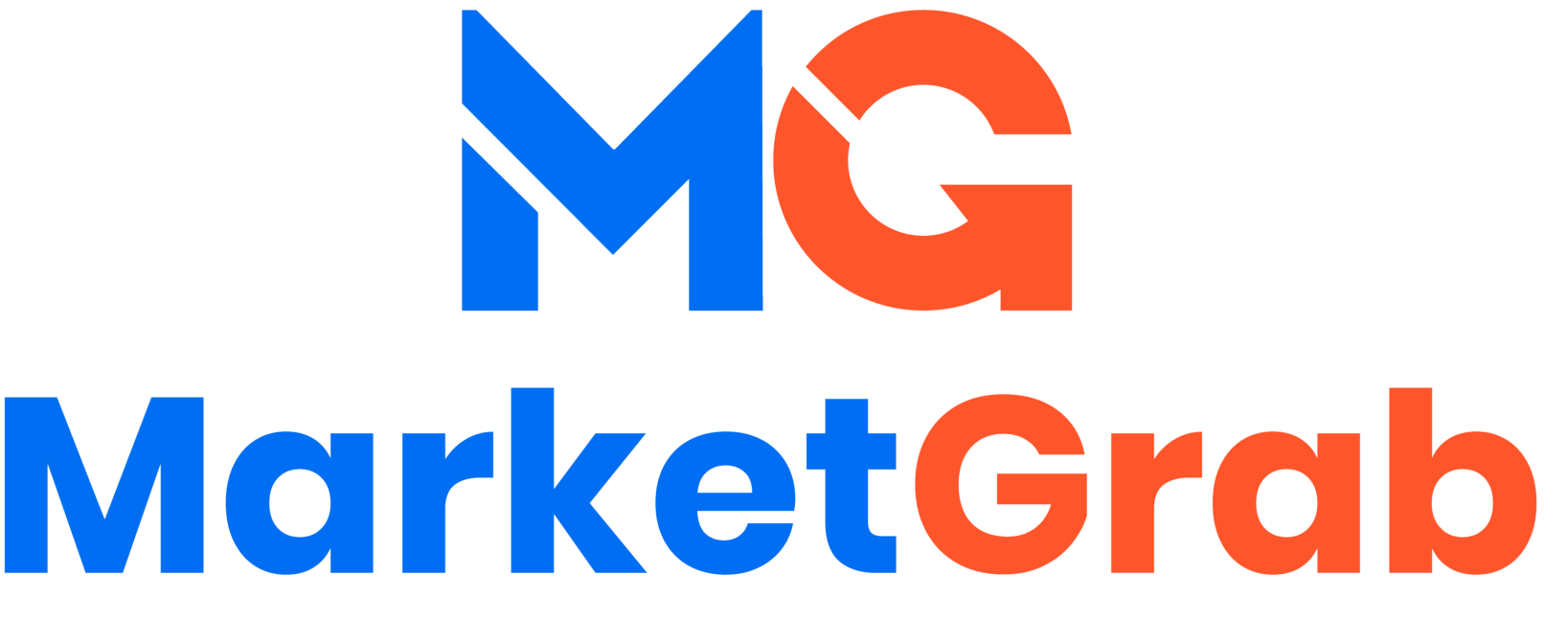A Beginner's Guide to Google Analytics: Tracking Your Marketing Success
Understanding how your website performs is essential for making informed, data-driven decisions that drive success in your digital marketing efforts. Google Analytics, a powerful and widely-used digital analytics tool, offers valuable insights that enable you to monitor your website's performance and user behaviour effectively. With this in-depth knowledge, you can optimise your website and marketing strategies to boost conversions, customer engagement, and overall business growth.
In this beginner's guide to Google Analytics, we'll provide an overview of the platform, explore its most crucial features, and offer practical tips on using the tool to track your marketing success. Ideal for those new to the platform or seeking a refresher, this guide will help you unlock the full potential of Google Analytics and enhance your digital marketing campaigns. Join us as we dive into the world of Google Analytics and discover the key to data-driven marketing success.
A Beginner's Guide to Google Analytics: Tracking Your Marketing Success
1. Setting Up Google Analytics
The first step in utilising Google Analytics (GA) is to set up an account and integrate it with your website. To begin the process, follow these steps:
- Sign up for GA using your Google account.
- After signing up, you'll be prompted to create a new account for your website within the GA platform. Include essential information such as your website's name, URL, and industry.
- You'll receive a tracking code (also known as a tracking ID) unique to your website. This code should be added to your website, either directly to the source code or via a content management system (CMS) plugin, like Google Analytics by MonsterInsights for WordPress.
- Verify that GA is correctly tracking data by checking the real-time report within the platform.
2. Exploring Key Google Analytics Reports
GA offers numerous reports that help you understand your website's performance and user behaviour. Some of the most valuable reports include:
- Audience Overview: This report provides a snapshot of your website's visitors, including essential metrics such as sessions, users, page views, and average session duration. Additionally, it offers insights into user demographics, technology preferences, and user behaviour.
- Acquisition Overview: Discover how your website's traffic arrives through different channels, such as organic search, paid search, social media, and referrals. This information is crucial for understanding which marketing efforts are driving traffic to your site and guiding resource allocation.
- Behaviour Overview: This report presents data on user engagement with your website's content, including metrics such as bounce rate, pages per session, and average session duration. By analysing this data, you can identify areas for content improvement and increase user engagement.
- Conversions: GA enables you to establish and track chosen goals, such as form submissions or e-commerce transactions. The Conversions report allows you to monitor your website's performance against these goals and identify areas for improvement.
3. Utilising Google Analytics Segments
Segments are a powerful feature in GA that allows you to isolate specific subsets of your data for more in-depth analysis. For example, you may wish to examine how mobile users interact with your website compared to desktop users. By applying segments, you can filter your data to focus on specific user groups.
To create a segment, follow these steps:
- Navigate to the "Audience Overview" report.
- Click on "+ Add Segment" at the top of the report.
- Choose from a wide range of predefined segments or click "New Segment" to create a custom segment.
- Apply the desired segment(s) to your reports for more granular analysis.
4. Customizing Dashboards and Reports
Customising your GA dashboards and reports can help you access relevant data quickly and efficiently. Creating custom dashboards enables you to collate multiple reports filtered by specific segments, allowing for tailored insights into your website's performance.
To create a custom dashboard:
- Click on "Customisation" in the GA sidebar.
- Choose "Dashboards" and click the "Create" button.
- Select from a predefined dashboard template or create a custom layout to display your chosen reports.
- Configure the settings and add reports, widgets, or filters as needed.
You can also schedule GA to send customised reports to your email inbox by accessing the "Share" feature within your chosen report. This tool allows you to automate reporting and deliver essential insights directly to your team.
5. Integrating Google Analytics with Other Tools
GA can be integrated with other Google marketing tools to bolster your digital marketing efforts. For example, connecting with Google Ads enables you to track the performance of your paid search campaigns within the GA interface and optimise ad spend for better results.
Similarly, integrating GA with Google Search Console provides insight into your website's organic search performance, including the keywords generating impressions and clicks. Combining this data with your GA account creates a comprehensive view of your website's search performance and helps identify areas for improvement.
6. Setting Up Event Tracking and Goals
Event tracking is another valuable GA feature used to monitor specific user interactions on your website, such as button clicks, video plays, or form submissions. By setting up event tracking, you can gain deeper insights into how users engage with your content and identify areas for improvement.
Goals, on the other hand, are specific actions completed by users that hold value for your business. By defining and tracking goals within GA, you can better understand your website's conversion funnel and optimise your marketing efforts for increased conversions.
To set up event tracking and goals, consider referring to Google's official documentation for detailed instructions and best practices:
By employing Google Analytics' wide range of features, from key reports and segments to customisation and integration, your digital marketing campaigns can become more data-driven and effective. In turn, Google Analytics can help optimise your website performance, user engagement, and overall marketing success.
Unlock Your Marketing Potential with MarketGrab
Google Analytics offers an indispensable source of valuable insights and data-driven decision-making capabilities. By mastering the platform's features, you can identify growth opportunities, optimise your digital marketing efforts, and ultimately, boost your website's performance and success. At MarketGrab, our team of expert marketing strategists and analysts are well-versed in using Google Analytics to inform and refine your digital marketing campaigns.
Don't let the power of Google Analytics go untapped. Contact MarketGrab today to discuss how our experienced team can help you unlock the full potential of your website and effectively track your marketing success. Request a free consultation and harness the power of Google Analytics with MarketGrab, a trusted
digital marketing agency in the UK, by your side.










